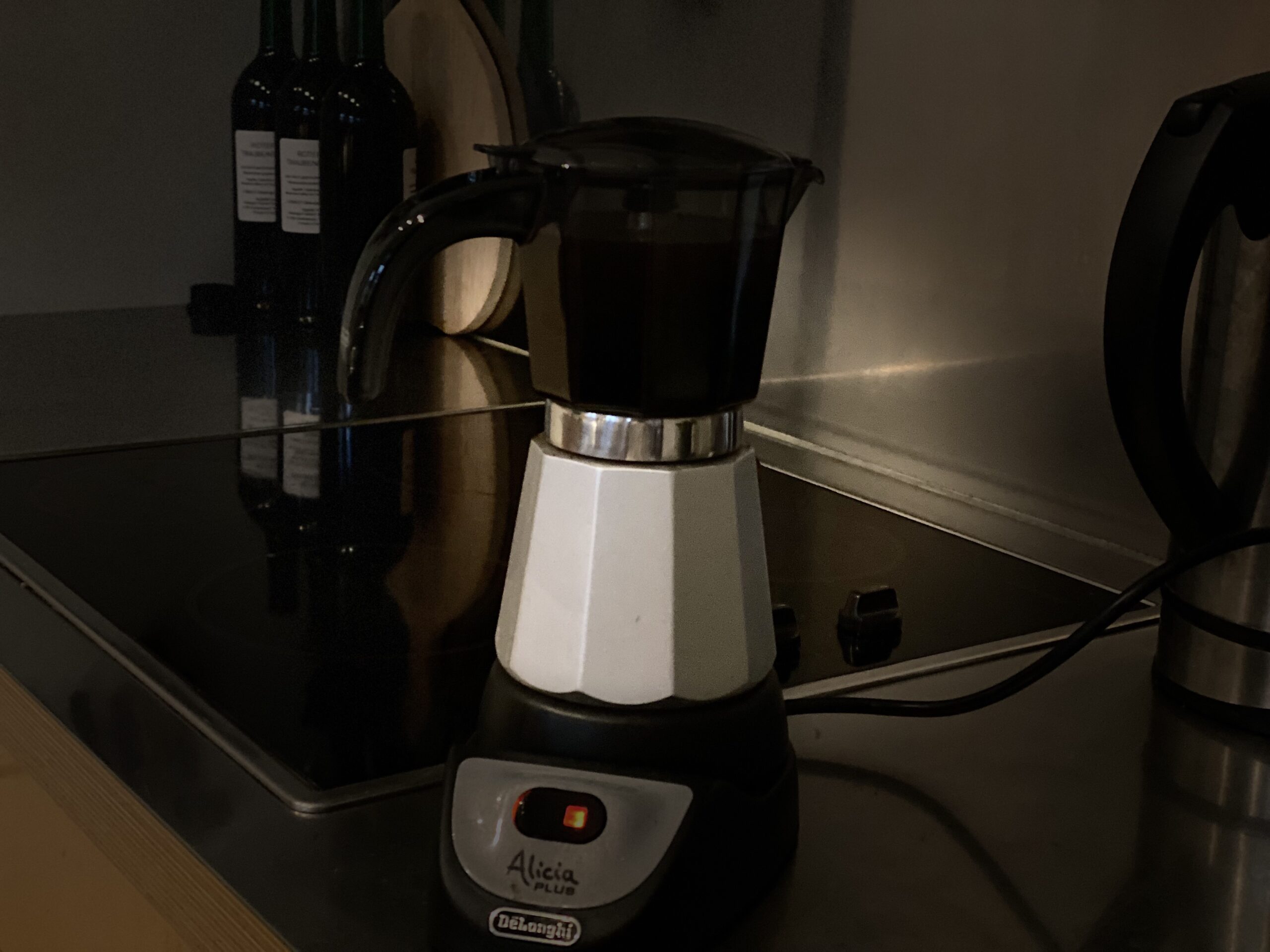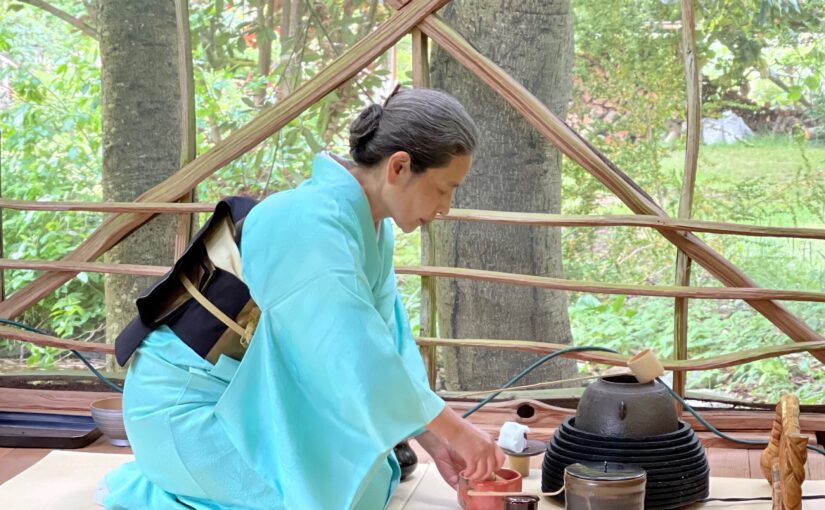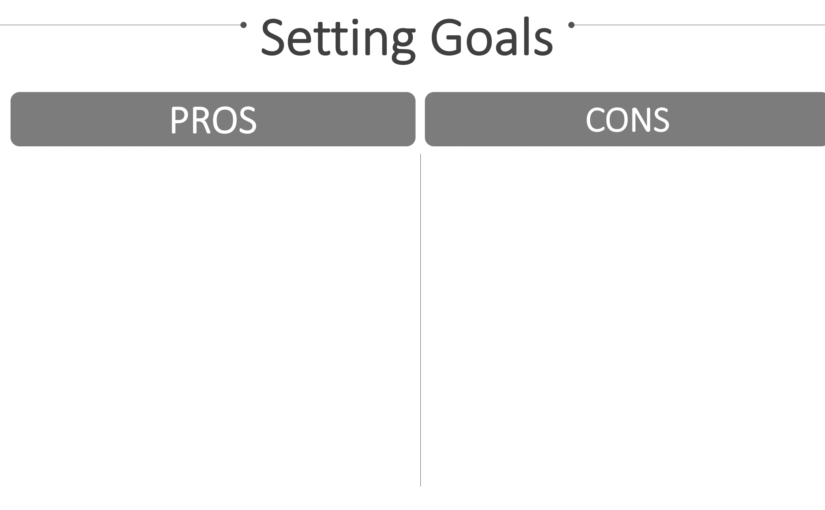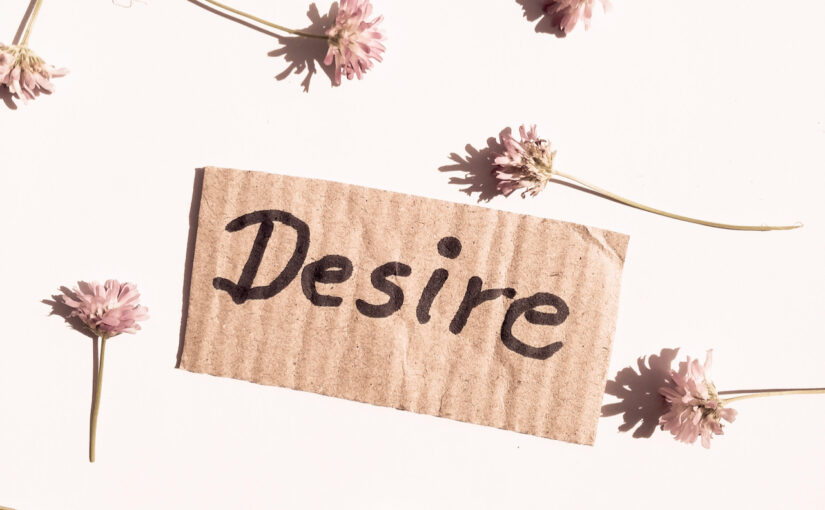So far it has worked for me
Photo by Stefan Widua on Unsplash
Yesterday we listed up cons of setting goals. I hope now you understand why setting goals are no longer a holy grail for me.
When I stopped setting a goal, what did I do instead?
Let me share my story with you.
After I sold my company, I had no plans about I would do next. Nothing. In life version.1.0, I would have scrambled to find a new and challenging goal. But I consciously refused that urge. Instead, I said to myself, “Let opportunities find me.”
I imagined myself placing a large telescope on top of my head. Like the one trying to catch any sign of life from the outer universe, my imagined telescope would move 360 degrees so that it catches any sign that says it needs me. No criteria. No presumption. No bias.
I read through billboards on the wall of a neighborhood coffee shop to see if there is any interesting group or meeting happening. I called up friends or not so close people and had coffee or lunch, with no razor focus. I said yes to every introduction by those whom I met to new people. My calendar was almost blank, so I had no problem filling new schedules.
My former company’s banker called me up one day and she said, “why don’t you come to this seminar?”
She was involved in a local volunteer organization. The seminar was to train volunteers to help school children learn Japanese language. That’s easy. Japanese is my mother tongue. If kids learning Japanese want to have conversations with native speakers, I can help them.
The organization was called Japan-American Society of State of Washington (JASSW). A non-profit organization that promotes friendship between people in Japan and in Washington state. I had hardly any contact with other Japanese people in Seattle before, let alone involved in a non-profit. Intrigued, I began attending some of their events.
One day the executive director of JASSW asked me to speak at a lunch meeting. No reason to say no. What should I talk about? Why not wearing my old kimono, instead of a business suit?
People who come to hear my talk must be interested in my business career, like how I sold my company to a large semiconductor company. They might be surprised to see me in kimono, such a feminine look. They might not remember what I talked, but they might remember how I looked.
To add some Japanese flair, I also arranged flowers by my podium. Anotehr surprise, right? To listen to a business talk while looking at beautiful flowers, arranged by the speaker.
One of the audiences was interested in my flower arrangement. She asked me if I teach Ikebana. Teach? I never thought about it. But I do have a teacher’s certificate. Now that my company is gone, why not teaching Ikebana myself?
My former colleague invited me for lunch and introduced me to his tea ceremony teacher. He said, “I heard that you do Ikebana (Japanese flower arrangement). Then I bet you will be interested in tea ceremony, too.” I thought why not, and I started practicing tea ceremony, too.
The irony is I had never done Ikebana nor tea ceremony when I was in Japan. For the longest time I had particularly avoided those two things.
In my youth in Japan, Ikebana and tea ceremony were two major things a young woman was supposed to learn before getting married, to become a good housewife. I was an ambitious rebellion who was pursuing a modern career. Why would I want to learn such outdated, sissy things?
Had I been searching for a new goal in the same old way, without that imaginary telescope on my head, I would have never dreamed of taking up on both Ikebana and tea ceremony.
Now these very two things take up 80% of my life. And I’m quite happy now.
You don’t have to agree with me. I just wanted to present some alternatives to setting goals. So far, they are working for me. They might for you, too. Whether you are open to try it or not is totally up to you.








